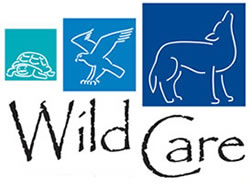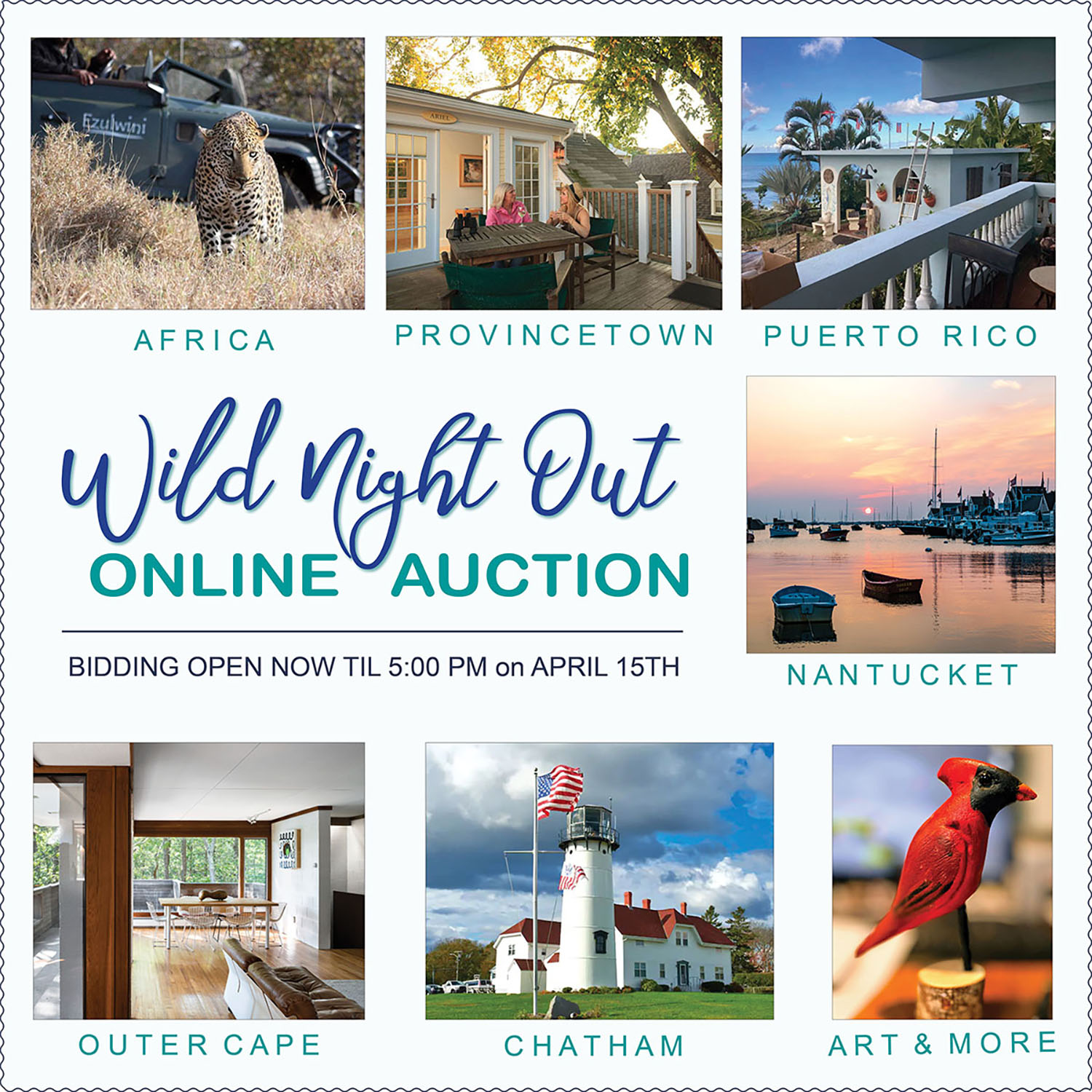
A mysterious ailment is killing birds on Cape Cod
By Cristela Guerra GLOBE STAFF
Local scientists are waiting for lab results that could shed light on what is killing dozens of northern gannets. Since April, the plunge-diving birds have been washing up dead or dying along the South Shore and Cape Cod.
At least 100 gannets have been reported sick during that time. Most have died, according to reports from local officials with the US Department of Agriculture, Animal, and Plant Health Inspection Services.
Local wildlife experts say the sickened birds have tremors and are barely able to walk or stand.
In early May, two to four birds a day were found on Jeremy Point in Wellfleet, some dead, others ailing. The numbers have decreased in recent weeks.
“That’s the catastrophe of the thing,” said Greg Mertz, a veterinarian and chief executive of the New England Wildlife Center in South Weymouth. “We don’t know the cause.”
Veterinarians on and off the Cape are working together to figure out what has caused the die-off. The symptoms seem to be primarily neurological, said Stephanie Ellis, executive director of Wild Care Inc. of Eastham, a wildlife rehabilitation hospital.
Closely related to the blue-footed booby, northern gannets are strong flyers that can be seen hunting fish in flocks and alone. From heights of more than 100 feet, the gannets dive like missiles, breaking the surface of the water in search of food such as mackerel and herring.
The cream-colored bird has pastel blue markings around the eyes and a large, sharp beak. Approximately the size of a basketball, they stand almost knee high with wing spans of almost 6 feet. Northern gannets have been known to live up to 20 to 30 years.
The illness does not seem to be affecting other birds, though officials with US Fish and Wildlife Service and the USDA say it’s unclear if this is the same disease found in the Common Eider in recent years known as the “Wellfleet Bay Virus.” Many eiders afflicted by that virus die and also exhibit neurological symptoms. Lab results are pending, Ellis said.
“When this first started, birds were coming in with fairly decent body weight,” Ellis said. “Their bloodwork was normal, but they were exhibiting neurological symptoms like the inability to hold up their head. To us, [that] points toa toxin in their system.”
Avian influenza has already been ruled out, but another possibility could be a local red tide outbreak, a harmful and sometimes toxic algal bloom that can affect the central nervous system of fish and could cause neurological symptoms in the gannet, Ellis said.
“It would be an example of how everything is interconnected,” Ellis said. “If it affects the fish, it affects the birds.”
Wild Care currently has five gannets in its care.
Four came in exhibiting signs of the illness. They’re still being nursed back to health.
“They are becoming aggressive and increasingly difficult to handle. They stab at you with their beak, a good sign that they are feeling better,” Ellis said. “They’re very vocal. We’re no longer force-feeding them fish. Instead we’re putting fish into their pool.”
In May and early June, the New England Wildlife Center and the Cape Wildlife Center in Barnstable treated gannets, but the birds died.
Mertz said they’re performing necropsies, sending brain, intestine, and liver samples to the USDA’s inspection services.
“We’re doing anything we can do to intervene on their behalf,” Mertz said of the gannets. “We’re testing for lead, white blood count, blood chemistries, and anything we can do therapeutically.”
This includes antibiotic treatment and delousing of the sickened birds. A common thread with the ailing gannets is they all have a bad case of lice, Mertz said. Samples of the lice have also been submitted to the USDA’s inspection services.
If you find a sick gannet, experts recommend contacting local animal control, Wild Care Inc. of Eastham at (508) 240-2255, the New England Wildlife Center in South Weymouth at (781) 682-4878 or the Cape Wildlife Center in Barnstable at (508) 362-0111.
Article found here: https://www.bostonglobe.com/2017/06/10/mysterious-ailment-killing-northern-gannets-cape/WrVq9qjyUhaEIcRTs9orOO/story.html
Wild Night Out Online Auction
READY, SET, BID… We are so excited to announce that our Wild Night Out Online Auction is now live!
READ ALL NEWS
CALENDAR OF EVENTS
04 April, 2024
Wild Night Out Online Auction
EVENT DETAILS
05 April, 2024
Wild Night Out
EVENT DETAILS
28 February, 2024
Wildlife Winter/Spring Talk Series
EVENT DETAILS

DID YOU KNOW??
Wild Care has a state-of-the-art seabird therapy pool, which allows seabirds and waterfowl to exercise on running water. This will help our bird friends recover more quickly so they can get back to their watery habitats!

